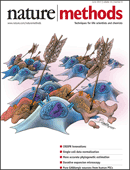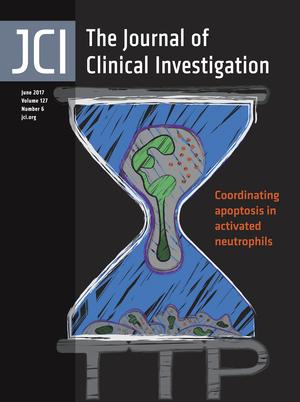 In 2013, Frank Sauer blamed “visual distortion” for problems with the images in his papers and grant applications. That explanation gave way to the production in 2016 of a mysterious and ominous letter from an unnamed researcher claiming that they’d sabotaged Sauer’s work in a plot of revenge. Soon after, Sauer was claiming that a mysterious cabal was plotting to undermine the output of German researchers.
In 2013, Frank Sauer blamed “visual distortion” for problems with the images in his papers and grant applications. That explanation gave way to the production in 2016 of a mysterious and ominous letter from an unnamed researcher claiming that they’d sabotaged Sauer’s work in a plot of revenge. Soon after, Sauer was claiming that a mysterious cabal was plotting to undermine the output of German researchers.
Whatever Sauer was selling, Leslie Rogall, an administrative law judge for the U.S. Department of Health and Human Services’ Departmental Appeals Board, wasn’t buying.
Rogall has concluded that the Office of Research Integrity acted properly in 2016 when it found Sauer — a former faculty member in biochemistry at the University of California, Riverside — guilty of misconduct. His offense: doctoring images in three published papers and seven grant applications to the National Institutes of Health.
In a May 22 decision first posted today, she writes (italics hers):

 When a journal discovers elementary design flaws in a paper, what should it do? Should it retract immediately, or are there times when it makes sense to give the researchers time to perform a “do-over?”
When a journal discovers elementary design flaws in a paper, what should it do? Should it retract immediately, or are there times when it makes sense to give the researchers time to perform a “do-over?” A
A  The executive board of the Leibniz Association in Germany has reprimanded the director of its institute on aging
The executive board of the Leibniz Association in Germany has reprimanded the director of its institute on aging  On Dec. 2, 2013,
On Dec. 2, 2013, 

 In the fall of 2015, out-of-work stem cell biologist Mavi Camarasa decided she had waited long enough. It had been three years since she and a colleague were, best they could tell, the first to successfully correct the most common cystic fibrosis mutation in stem cells derived from a patient.
In the fall of 2015, out-of-work stem cell biologist Mavi Camarasa decided she had waited long enough. It had been three years since she and a colleague were, best they could tell, the first to successfully correct the most common cystic fibrosis mutation in stem cells derived from a patient.  An EMBO journal has issued a correction for a well-cited 2012 review co-authored by a
An EMBO journal has issued a correction for a well-cited 2012 review co-authored by a